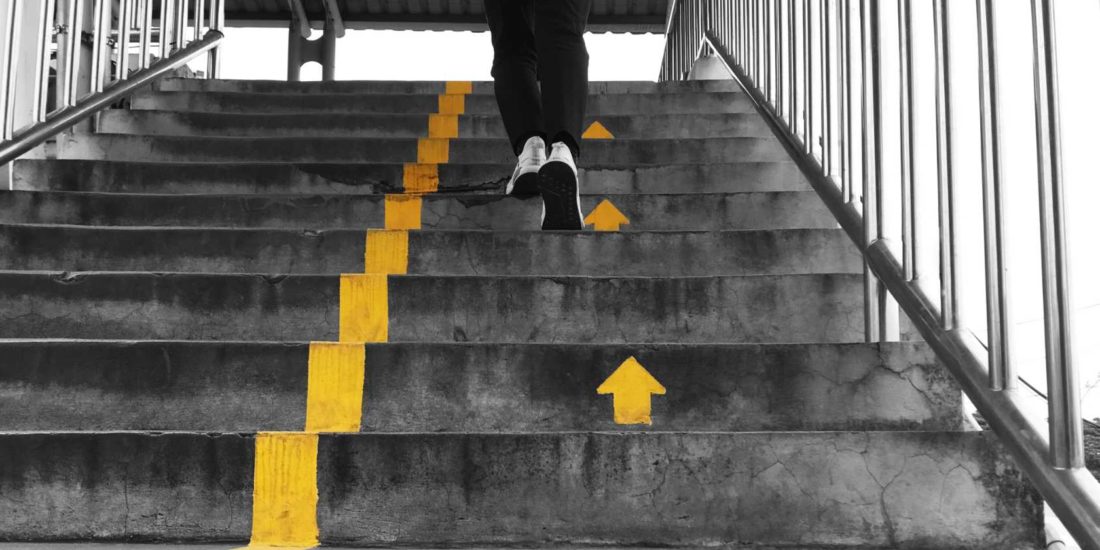
IBA Annual Conference 2018; Rome, Italy
Founded in 1947, the International Bar Association (IBA) is quite possibly the world’s largest organisation of lawyers. Its annual conference sees well over 5,000 legal professionals converge for a week of discussion and thought leadership on cutting edge topics, like the rise of legal technology and new opportunities in litigation. Attendees have a veritable smorgasbord of events to attend, with over 200 working sessions on a diverse array of topics, as well as numerous networking and social events on the side.
This year’s IBA Annual Conference took place from 7 October 2018 to 12 October 2018, at the Roma Convention Centre La Nuvola in Rome, Italy. I was privileged to be able to attend the IBA Annual Conference 2018 through the generous sponsorship of the Law Society of Singapore. Over the course of the week-long conference, I attended numerous formal working sessions, as well as more informal networking events on the side. Indeed, while I was obviously one of the younger attendees, there were a fair number of junior lawyers in attendance as well. Connecting with your peers from other jurisdictions makes you realise that some issues are universal, like the glut of fresh law graduates and significant attrition rates. It is comforting to know that young lawyers across the globe are all in the same boat.
On that note, while the average age of attendees was around 45, there was still much to learn. At networking events and in between working sessions, senior lawyers were more than happy to talk to a junior lawyer from Singapore. Business generation, after all, begins with a personal connection, and who knows when a chance encounter over lunch can translate to a business opportunity a few years down the road. In any case, meeting and talking to people from different jurisdictions is an education in itself, and helps to broaden your horizons. For example, much of what we take for granted in Singapore – an efficient Court system, fair and impartial judges, a government which does not tolerate corruption – are somewhat distant ideals for some jurisdictions, with lawyers from Mauritius to South Korea expressing admiration for our legal system.
My aim at this conference was to attend sessions that were either directly relevant to my practice, or involved discussions on developing areas of law. As such, the sessions that I attended can be grouped under two main areas: (i) bribery and anti-corruption, because of the recent developments in laws regarding white-collar crime in Singapore; and (ii) the influence of social media on privacy and the practice of law, given the ubiquity of social media in this day and age. There were also many other sessions that I attended, like a talk by Dr Fatou Bensouda (Prosecutor of the International Criminal Court), but due to space constraints this article will focus on these two categories.
Bribery and Anti-Corruption
One of the showcase sessions for each IBA Annual Conference is the mock trial, conducted before a sitting or retired judge in one of the host city’s courtrooms. This year’s was entitled “The Briber’s Dilemma Facing Parallel Criminal, Arbitral and Civil Asset Recovery Proceedings”, and its objective was to explore how issues of legal privilege and the admissibility of evidence were treated differently in each set of proceedings.
Attending the mock trial allowed me to visit the Corte Suprema Di Cassazione or Supreme Court of Cassation, the highest Court in Italy. Housed in the beautiful and historic Palace of Justice, the mock trial was quite the eye-opener, giving attendees the chance to witness first-hand the best legal minds in the world spar over complex questions of law. Presiding over the criminal proceedings was the Honourable Justice Pierluigi Di Stefano, and retired Lord Justice of Appeal Sir John Goldring heard the civil and arbitration proceedings. As for the advocates, this was an international cast drawn from the leading lights of the United States, United Kingdom and continental Europe Bars. It was interesting to observe the difference in approach and style between the civil law advocates and common law advocates; the former preferred a more open-ended style of cross-examination, whereas the latter stuck to the tried-and-true leading question.
The central issue in the mock trial was whether legal professional privilege extends to documents in internal investigations. This was one of the hot topics at the IBA Conference itself, in the wake of the English Court of Appeal decision in Serious Fraud Office v Eurasian Natural Resources Corporation Limited (SFO v ENRC)1 (2018) EWCA Civ 2006. which held that such documents are protected by litigation privilege. In the ex tempore judgments delivered at the end of the mock trial, privilege was found to attach in the criminal proceedings, but not in the arbitral or civil proceedings. A surprising outcome, to say the least. The overall lesson to be drawn is that in formulating a litigation strategy for clients concurrently facing civil and criminal proceedings, lawyers need to be aware that privilege may attach differently, and plan accordingly.
Another session that was highly pertinent was “Corruption in Obtaining and Performing Government Contracts: How Do Courts and Tribunals Address Allegations of Corruption?” This informative session again saw an international panel discuss the different ways that their respective jurisdictions deal with allegations of corruption, ranging from Italy, Mexico, South Korea, the United Kingdom, and the United States. Again, with SFO v ENRC on everyone’s minds, the focus of this session was on corporate criminal liability and internal investigations. There were some differences, like how the United States prosecuting authorities expect a high degree of cooperation through self-reporting, but overall the picture that emerged was one of convergence, such as how the chief legal officers or general counsel of corporate bodies are expected to play a greater role in detecting bribery or corruption. This session also provoked a passionate debate about the need for truly independent and effective anti-corruption agencies to combat a deep-rooted culture of corruption. Ultimately, the consensus that appeared to be reached was that corruption is a problem that needs to be addressed by culture, and not just by a prosecutor’s office.
Social Media and the Law
In “Has Privacy Laws Run Amok? Balancing Privacy and Free Expression”, panelists discussed whether the ever-increasing rights in Europe (for example, the European Union’s General Data Protection Regulation) comes at the expense of free expression and a free press. The panelists who spoke were clearly free speech advocates, being either general counsel to media firms or lawyers who defend these firms against government action. The point sought to be made was that big data, far from being a bogeyman, can be harnessed for the greater good of society. One of the panelists pointed out that big data can be used to address all sorts of societal ills that have hitherto proved unsolvable, like researching a cure for cancer. In a similar vein, another panelist posited that data is only biased because humans themselves are biased, so this is reflected in data gathering – the key is to be alive to these biases and account for them accordingly.
The next session I attended proved to be a stark contrast. In “Journalists Versus Jurists: Media Coverage of Court Proceedings”, the topic for discussion concerned the role of the media in the fair reporting of Court proceedings, and whether unfair or ill-informed criticism by the media should be allowed. The debate between the panelists was lively and vigorous, as could be expected from its composition: a sitting Justice of the Supreme Court of Queensland; the senior legal counsel for a tabloid newspaper; and a Senior Counsel from Hong Kong who was a former chairman of the Hong Kong Bar Association. Naturally, both the judge and the barrister came down firmly on the side of upholding the administration of justice, which entails protecting judges from scandalous and scurrilous abuse like calling them “enemies of the people” (a reference to the Daily Mail’s headline regarding the United Kingdom High Court judges who ruled in favour of the Brexit constitutional challenge). On the other hand, the legal counsel took the view that the right to free speech extended to being able to write such emotive headlines, even though he acknowledged that the Daily Mail had gone too far in that example. In the end, the panelists had to agree to disagree, although it must be said that while both sides were equally passionate, the dialogue remained respectful and good-humoured at all times.
Conclusion
While it may be daunting to attend an international event, there is much that young lawyers can learn by attending conferences like the IBA Conference. Simply being present is an education in itself; by listening to and speaking with lawyers from other jurisdictions, you expand your perspective. In this day and age, almost every aspect of practice has some sort of international dimension, and for Singapore to continue to stay ahead of the curve, it is imperative that we keep ourselves abreast of the developments in the world. This is all the more important for young lawyers who will one day become the leaders of the profession. All in all, the IBA Conference is an experience that I would highly recommend to junior lawyers.

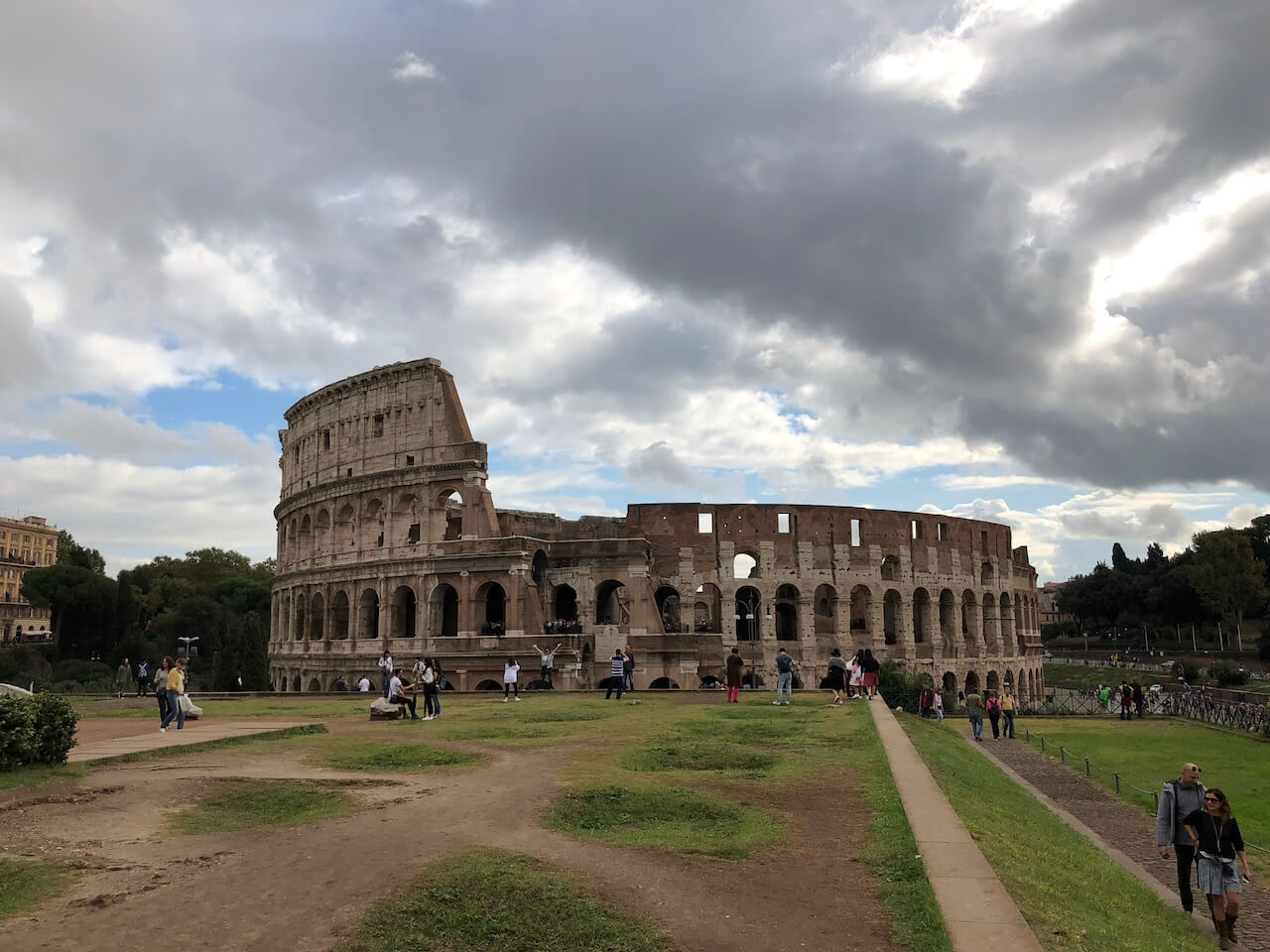
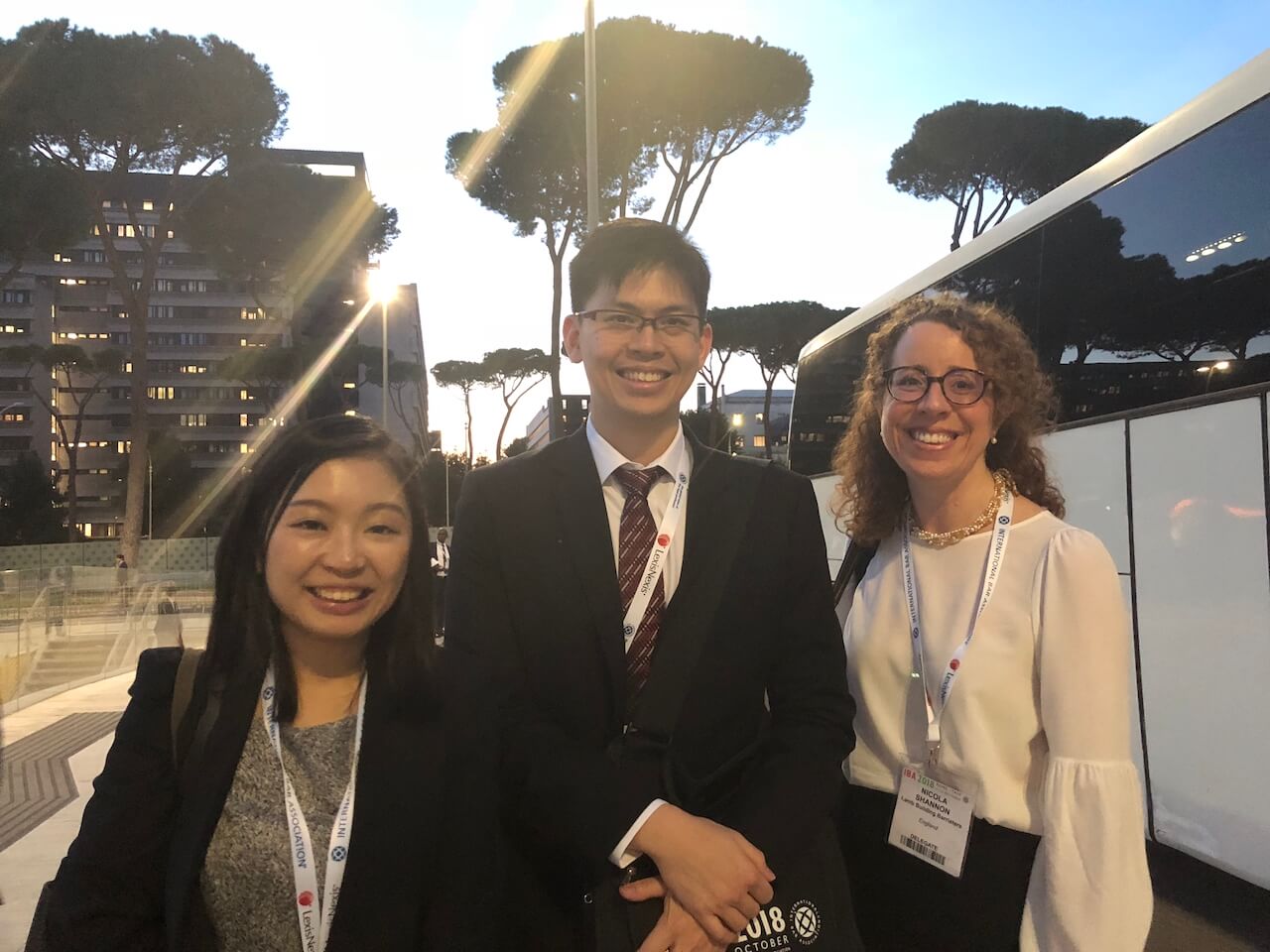
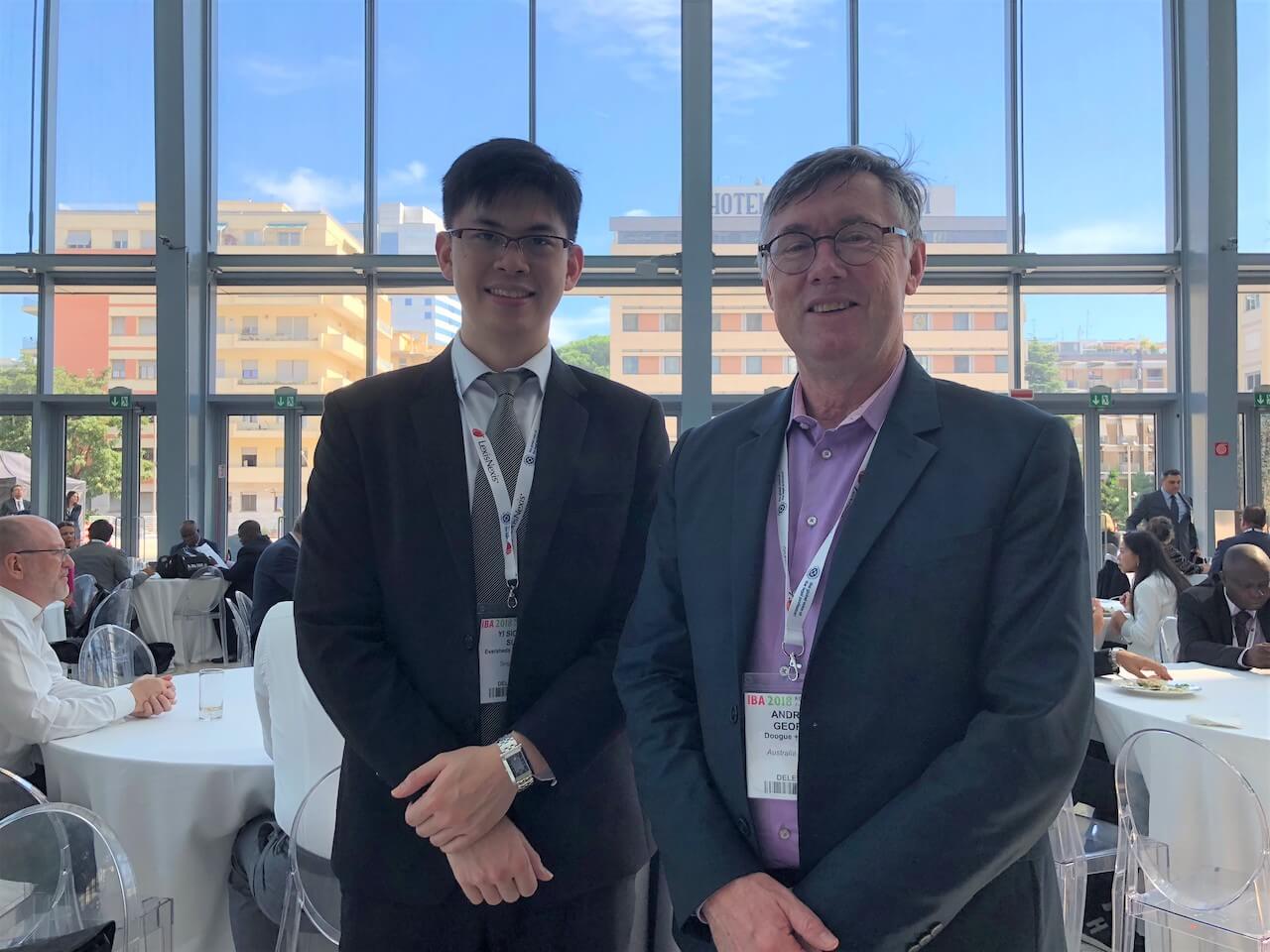
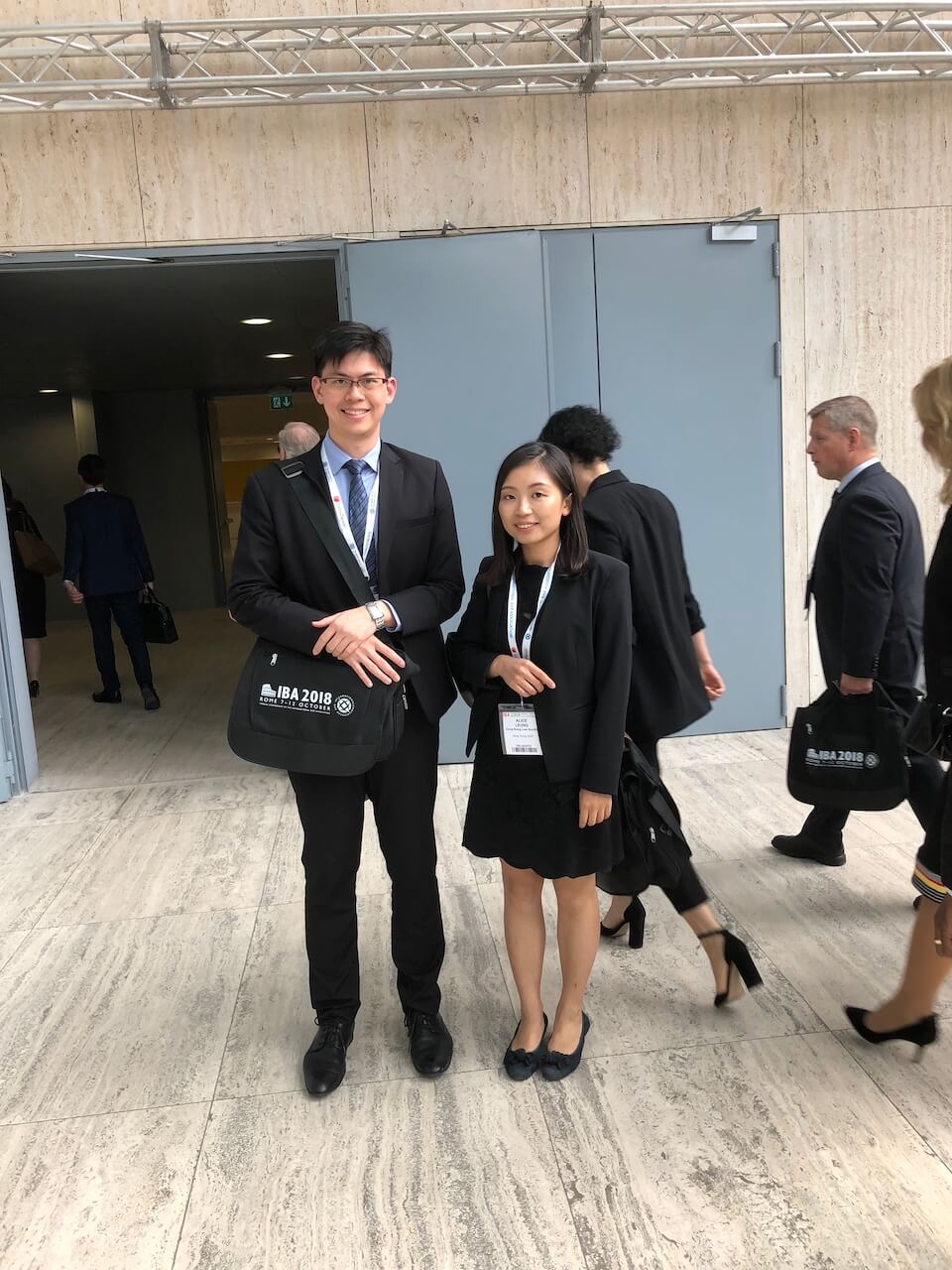
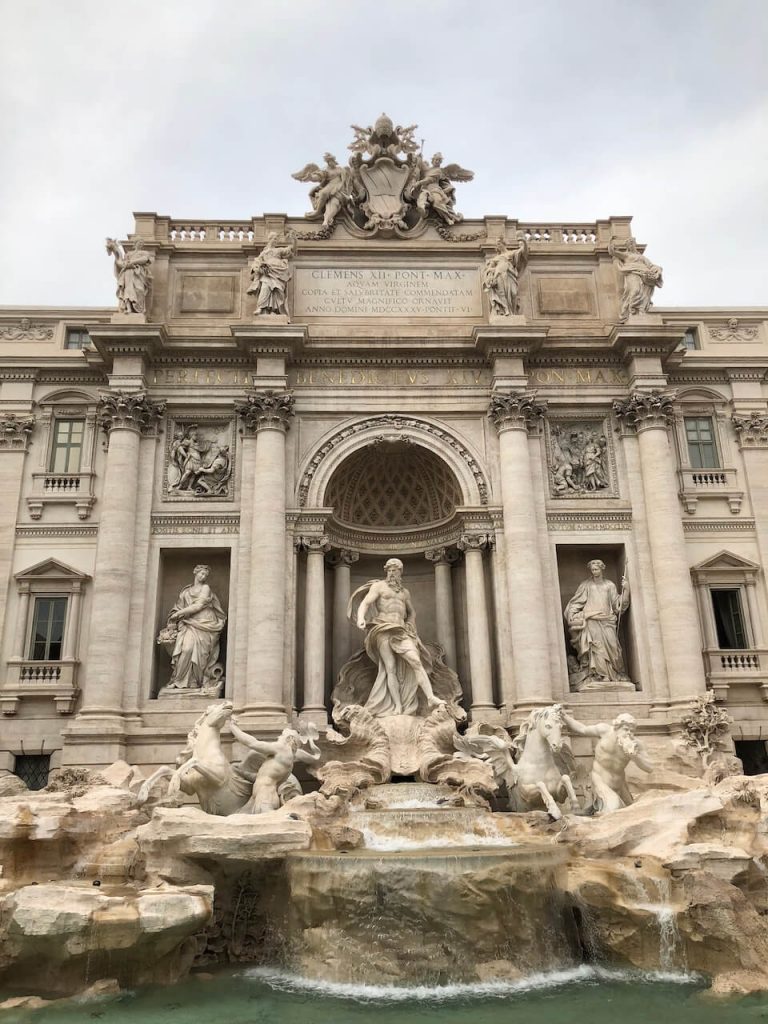
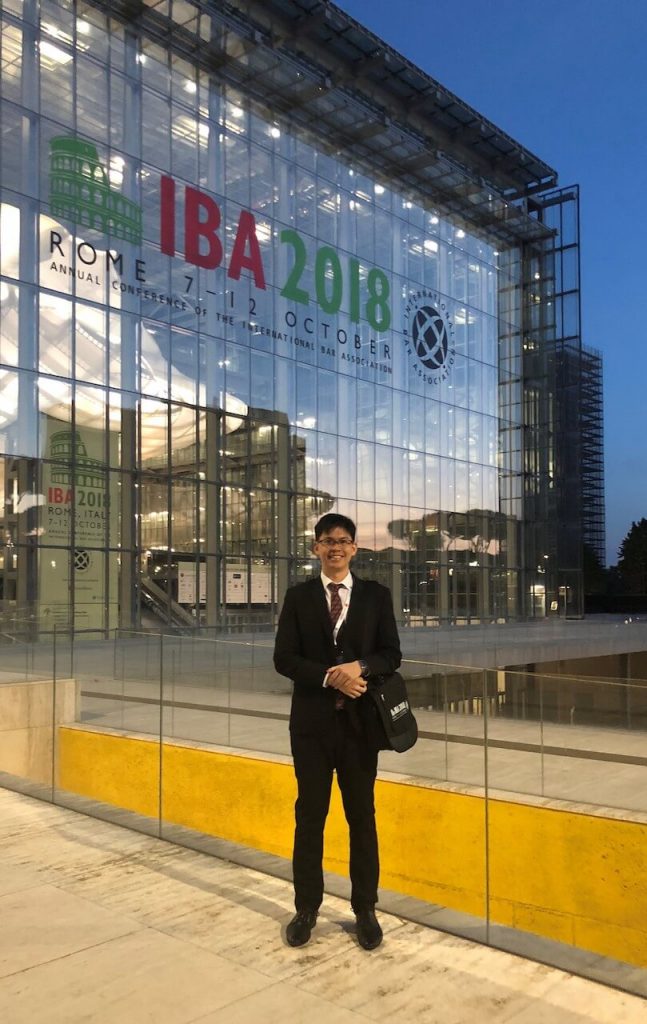
Endnotes
| ↑1 | (2018) EWCA Civ 2006. |
|---|




